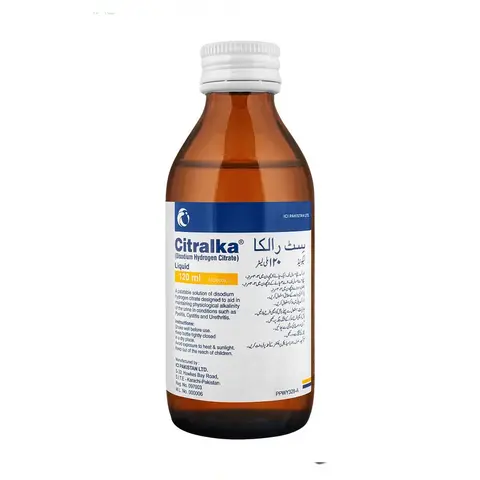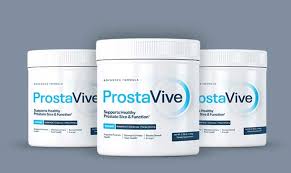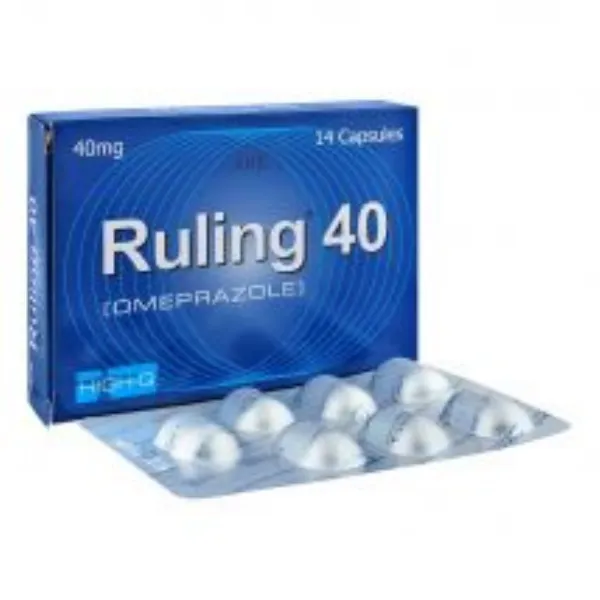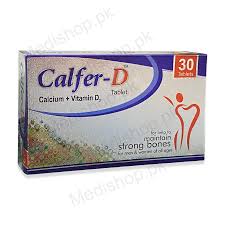What is Prostagenix.
Overview ProstaGenix is a dietary supplement made for men who have prostate-related urinary symptoms (like waking up at night, weak flow, etc). It uses a mix of plant sterols and botanical extracts. Some ingredients (especially plant sterols) have modest clinical support. That said, there is no major, independent, large-scale study proving this exact brand works for everyone. If you have serious symptoms, you should see a doctor first. What is ProstaGenix? ProstaGenix is marketed as a “multi-phase prostate support” product that claims to help with urinary flow, frequency, and prostate health. It is sold online and in marketplaces. The brand emphasises that it uses a higher-dose of a key plant sterol (beta-sitosterol) plus a blend of other natural extracts. The official site provides FAQs, ingredient lists and return policies. Key Ingredients in ProstaGenix Here are the main active ingredients and what they do: Ingredient What it is What the claim is What evidence shows Beta-sitosterol A plant sterol found in many plants (e.g., saw palmetto, pumpkin seed) Helps improve urinary flow, reduce nighttime bathroom trips Some RCTs show small to moderate benefit for urinary symptoms. Not brand-specific. Botanical extracts & polyphenols Various plant compounds and antioxidants Support prostate health, reduce inflammation Evidence is weaker or mixed; many trials vary in dose, extract type. Other micronutrients / herbs (e.g., nettle, pygeum, saw palmetto) Traditional herbal supports for prostate/urinary health Improve comfort, reduce symptoms Mixed results; some show benefit, others do not. Important note: Just because an ingredient has evidence does not guarantee that this product’s formulation or dose will give the same result. What the Scientific Evidence Shows Studies on beta-sitosterol show there is some benefit for lower urinary tract symptoms (LUTS) in men with prostate enlargement. However, many studies are small, use different doses and extracts, and rarely test the brand ProstaGenix. Major health authorities state: dietary supplements can support, but are not replacements for medical treatment when prostate problems are severe or when prostate cancer is a risk. Benefits of ProstaGenix What many users report: Fewer trips to the bathroom at night. Slightly stronger urinary flow or feeling of “emptier” bladder. Feeling better overall with urinary comfort. What you should expect realistically: Improvements are usually gradual, over weeks (4-12 weeks) rather than overnight. The change is often modest, not “immaculate”. It may work better for mild to moderate symptoms rather than severe ones. Results vary widely between individuals (age, prostate size, other health issues matter). ProstaGenix Side-effects & Warnings Some may get mild stomach upset, nausea, or allergic reactions (with herbal ingredients). If you are using prescription drugs for prostate (e.g., finasteride, dutasteride), or for blood pressure / anticoagulants, check with your doctor. Supplements may interact. If you have red-flag symptoms (blood in urine, sudden inability to urinate, pain, etc), see a doctor immediately. Supplements don’t replace medical diagnosis. If you are under 40, have known prostate cancer risk, or are taking hormone-affecting medications, consult your physician first. How It Compares With Other Options Prescription treatments If your prostate is significantly enlarged or you have strong symptoms, doctors may recommend alpha-blockers or 5-alpha-reductase inhibitors. These have many clinical trials behind them. A supplement is not the same level of proof. Other supplements Many other prostate supplements focus on one key ingredient (e.g., saw palmetto alone, or a standard dose of beta-sitosterol). A “multi-ingredient” product like ProstaGenix may offer convenience but also more variables. If you pick a single-ingredient product with known dose/extract and strong evidence, you may know exactly what you’re getting. Disclaimer This article is for information purposes only please don’t take it as medical advice. 9. FAQs (Frequently Asked Questions) Q: Can ProstaGenix cure prostate enlargement?A: No, it is not a cure. It may reduce some symptoms but will not shrink your prostate dramatically overnight. If your enlargement is large or symptomatic, medical evaluation is required. Q: How soon will I see results?A: Many users see a minor improvement in 4–8 weeks, some may take 12 weeks or more. If no improvement after 3 months, reassess with your doctor. Q: Is it safe with other medications?A: It depends. If you take prostate medications, blood pressure drugs, or anticoagulants — check with your doctor. Supplements can interact. Q: How many capsules per day?A: Follow the label instructions on the bottle. In most trials of similar products, standard doses are used. Do not exceed unless advised by a healthcare professional. Q: Should I stop my regular medication if I take this?A: No. Do not stop any prescription medication without your doctor’s approval. A supplement may be an add-on, not a replacement.



















